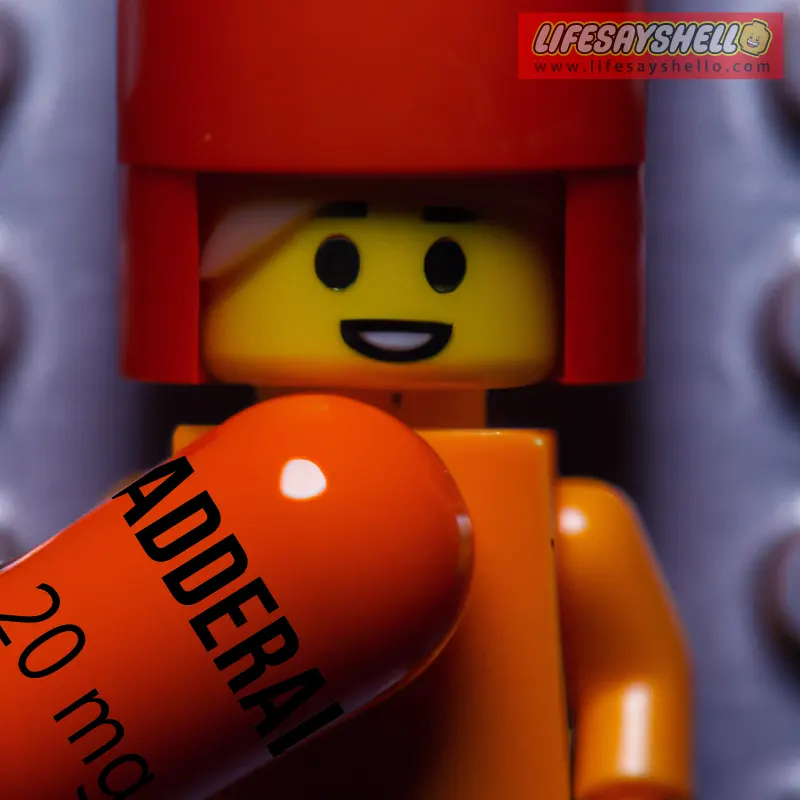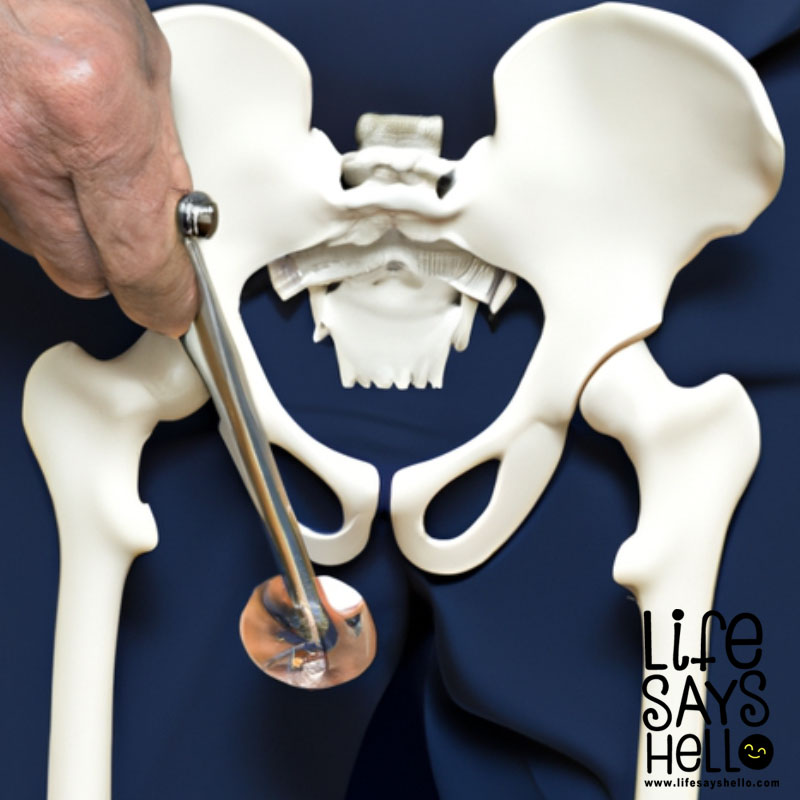Comprehensive Guide to Adderall GI Side Effects: Causes, Management, and When to Seek Help

Navigating the world of ADHD medications can be overwhelming, and understanding potential side effects is crucial for your well-being. In this comprehensive guide, we'll explore the gastrointestinal (GI) side effects of Adderall, a commonly prescribed medication for ADHD and narcolepsy, and provide valuable tips on managing these side effects while ensuring your treatment remains effective.
Introduction
Adderall, a widely-used medication for attention deficit hyperactivity disorder (ADHD) and narcolepsy, has been a game-changer for many individuals struggling with these conditions. However, like any medication, Adderall comes with potential side effects, including gastrointestinal (GI) issues. In this article, we aim to educate readers about Adderall GI side effects, their causes, how to manage them, and when to seek medical help. So, buckle up and let's dive into the world of Adderall and its impact on your gut!
What is Adderall?
Adderall is a prescription medication that combines two active ingredients: amphetamine and dextroamphetamine. These central nervous system stimulants work together to increase the levels of certain neurotransmitters in the brain, such as dopamine and norepinephrine, which help improve focus, attention, and impulse control. Adderall is primarily prescribed for individuals with ADHD, but it is also used to treat narcolepsy, a sleep disorder characterized by excessive daytime sleepiness and sudden sleep attacks.
Common Adderall GI Side Effects
While Adderall can be incredibly beneficial for those with ADHD and narcolepsy, it can also cause some unwanted gastrointestinal side effects. Here are some of the most common GI issues that may arise from Adderall use:
Nausea: A feeling of unease or discomfort in the stomach, often accompanied by an urge to vomit. Nausea can be mild or severe, depending on the individual and their sensitivity to the medication.
Vomiting: The forceful expulsion of stomach contents through the mouth. Vomiting can be a result of severe nausea or a direct side effect of Adderall itself.
Diarrhea: Loose, watery stools that occur more frequently than usual. Diarrhea can lead to dehydration if not managed properly.
Constipation: Infrequent bowel movements or difficulty passing stools. Constipation can cause discomfort and bloating.
Stomach pain or cramps: Abdominal discomfort that can range from mild to severe. Stomach pain or cramps may be due to the medication's direct effect on the GI system or a result of other side effects like constipation or diarrhea.
Loss of appetite: A decreased desire to eat or a lack of interest in food. This side effect can lead to weight loss and nutritional deficiencies if not addressed.
Dry mouth: A lack of saliva production, leading to a dry, uncomfortable feeling in the mouth. Dry mouth can also cause bad breath and increase the risk of dental problems.
Why Do GI Side Effects Occur?
There are several reasons why Adderall may cause gastrointestinal side effects, including:
Direct effect on the gastrointestinal system: Adderall stimulates the central nervous system, which can also affect the GI system. The medication may cause increased muscle contractions in the gut, leading to cramps, diarrhea, or constipation.
Increased stress and anxiety: Adderall can sometimes cause or exacerbate feelings of stress and anxiety, which can have a direct impact on the GI system. Stress and anxiety can lead to stomach pain, nausea, and changes in bowel habits.
Interaction with other medications: Adderall may interact with other medications you're taking, leading to GI side effects. It's essential to inform your healthcare provider of all the medications and supplements you're taking to ensure they are aware of potential interactions.
Managing Adderall GI Side Effects
Dealing with gastrointestinal side effects can be challenging, but there are several strategies you can try to reduce or manage these issues while taking Adderall:
Take medication with food: Taking Adderall with a small meal or snack can help reduce the risk of nausea and stomach pain. However, avoid taking the medication with acidic foods or drinks, as they can interfere with the absorption of the medication.
Stay hydrated: Drinking plenty of water throughout the day can help alleviate dry mouth and prevent dehydration caused by diarrhea.
Eat smaller, more frequent meals: Consuming smaller, more frequent meals can help manage loss of appetite and ensure you're getting enough nutrients. This approach can also help reduce stomach pain and bloating caused by constipation.
Avoid caffeine and alcohol: Both caffeine and alcohol can exacerbate GI side effects and interfere with the effectiveness of Adderall. It's best to limit or avoid these substances while taking the medication.
Practice stress management techniques: Since stress and anxiety can contribute to GI side effects, incorporating stress management techniques such as deep breathing exercises, mindfulness meditation, or yoga can be helpful in reducing these symptoms.
Consult a healthcare professional: If you're struggling with GI side effects, don't hesitate to reach out to your healthcare provider for advice and possible dosage adjustments. They can help determine the best course of action to manage your symptoms while ensuring your treatment remains effective.
When to Seek Medical Help
While most Adderall GI side effects can be managed with lifestyle changes and self-care, there are instances when it's necessary to seek medical attention. Reach out to your healthcare provider if you experience:
- Severe or persistent symptoms that don't improve with self-care measures
- Signs of dehydration, such as dark urine, dizziness, or rapid heartbeat
- Inability to eat or drink due to severe nausea or vomiting
- Signs of an allergic reaction, such as rash, swelling, or difficulty breathing
Conclusion
Understanding the gastrointestinal side effects of Adderall is crucial for anyone taking this medication. By being aware of these potential issues and implementing strategies to manage them, you can ensure your treatment remains effective while minimizing any discomfort. Always consult your healthcare provider if you have concerns about your medication and its side effects, and remember that you're not alone in navigating the world of ADHD medications.




Comments